
Political Scientist Sees Bumpy Road Ahead for Macron
Barbara Casassus | 07 juin 2017
AAPA – Anglo-american press association of Paris
Dominique Reynié, CEO of the think tank Foundation for Political Innovation (Fondapol–liberal, progressive and European) and professor at Sciences Po, spent nearly two hours on June 2 sharing his thoughts with the AAPA on topics ranging from Emmanuel Macron’s election as president to the miscasting of Gérard Collomb as interior minister.
Democracy has been plunged into a historic crisis by three major factors: globalization, demographics (aging society and immigration), and budgetary constraints, he told 14 AAPA members in Fondapol’s Parisian headquarters. In the case of France, the nation is losing its vitality, but this is more existential than structural. Moreover, the country increased the risk in its “perilous” system of universal suffrage by shortening the presidential term from seven to five years. “It is French roulette,” he added.
Macron’s election as president on May 7 was reassuring, but does not mask the worrying rise of populism in France. In this “pathological” election, the eight non-mainstream candidates won 49.6% of the vote in the first round, a precedent in France since the introduction of universal suffrage after World War 2. The National Front and blank votes plus abstentions accounted for 57% of the electoral roll, up from 39% in 2002, when the then National Front leader Jean-Marie Le Pen fought the presidential runoff against Jacques Chirac. Only the FN’s negative stance on the Euro prevents it from capturing more support from rightwing voters, as its anti-immigration stance is echoed by other mainstream parties.
The chances are that Macron, the first French president to be elected without a political party behind him, will win a majority in the National Assembly elections to be held in two rounds on June 11 and 18, but he may have to rely on François Bayrou’s Modem members to push legislation through now that La République En Marche! is losing support over Richard Ferrand, who should already have stepped down, Reynié said. A strong Modem would be a nightmare for Macron, as he could have a hard time persuading Bayrou to back his proposals on labour law reform and the government budget. The National Front and France Insoumise are unlikely to win many seats, which means that the opposition will come from beyond the confines of parliament.
Macron–the first hyper president–was elected because he grasped that the system was collapsing, rather like a surfer who rides a wave. His arrival in the Elysée triggered a “phase of rupture”, like “jumping over a wall” that is opening the way to many novelties, including a recentralization of the system and an authoritarian approach to government. No doubt this is inspired partly by his first-hand experience of ex-President Hollande’s inability to make decisions, Reynié said. The fact that the Elysée chose most of the ministers’ advisors illustrates the point.
Because Macron has only now created his political party, the next parliament could include up to 70% new faces, compared to a usual 20%, predicted Reynié. If 350 Macron candidates win seats in parliament, different forms of protest movements could multiply. Even though the unions represent only 8% of employees in France, their power lies in their ability to harness public opinion. Macron could lean increasingly to the right, and will have to placate the pressured security forces, but Interior Minister Gérard Collomb was “miscast” to do the job, he added.
Read the article on aapafrance.org.


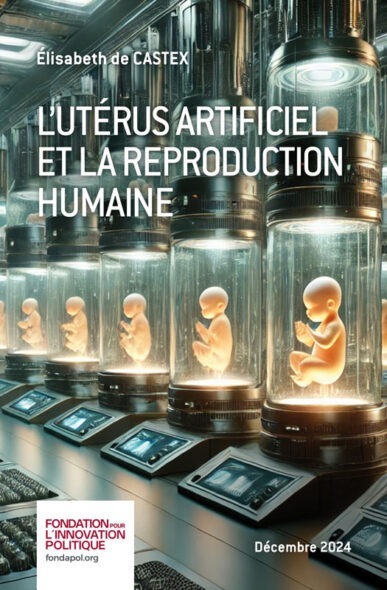
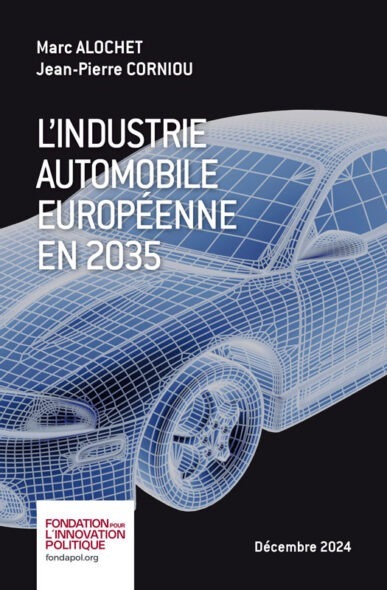
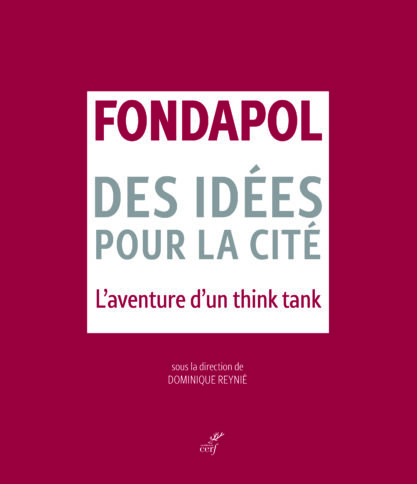

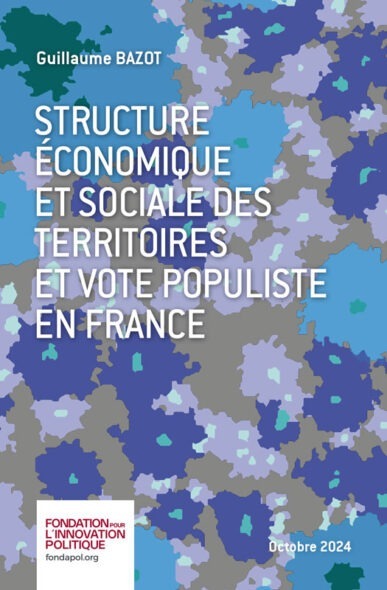
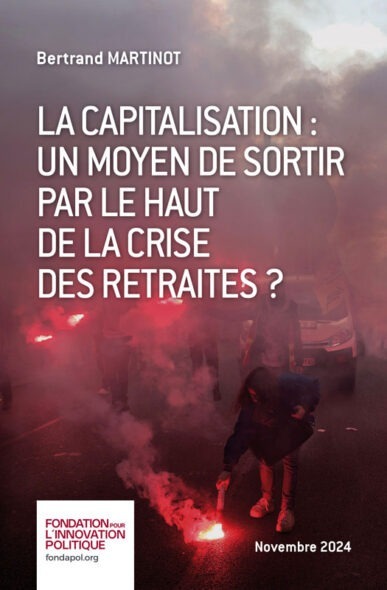
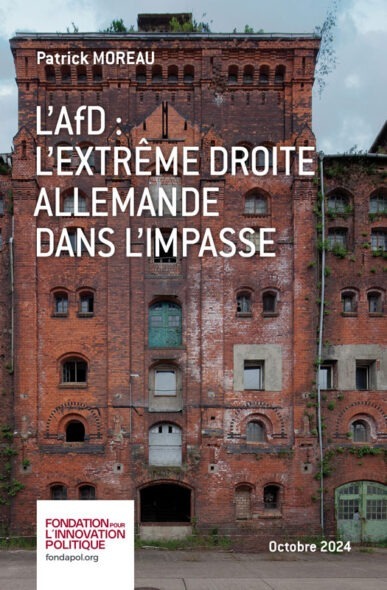
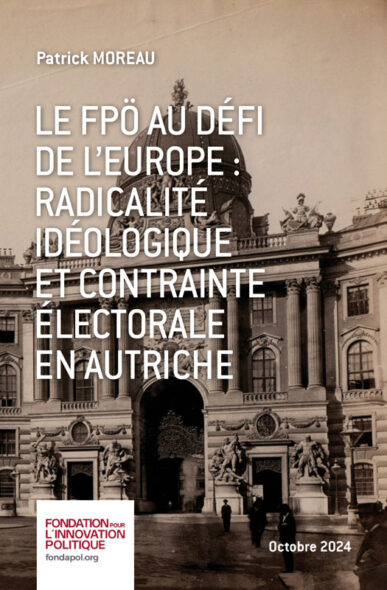
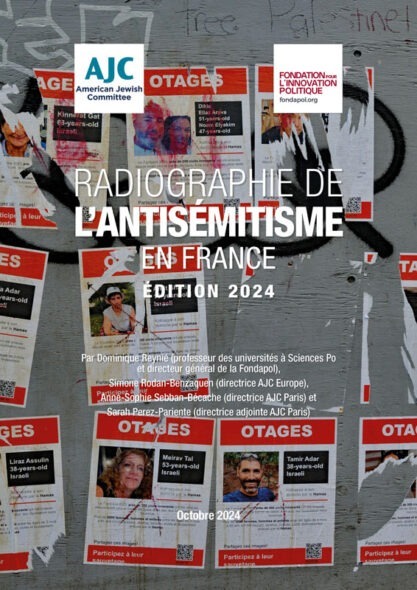

Aucun commentaire.